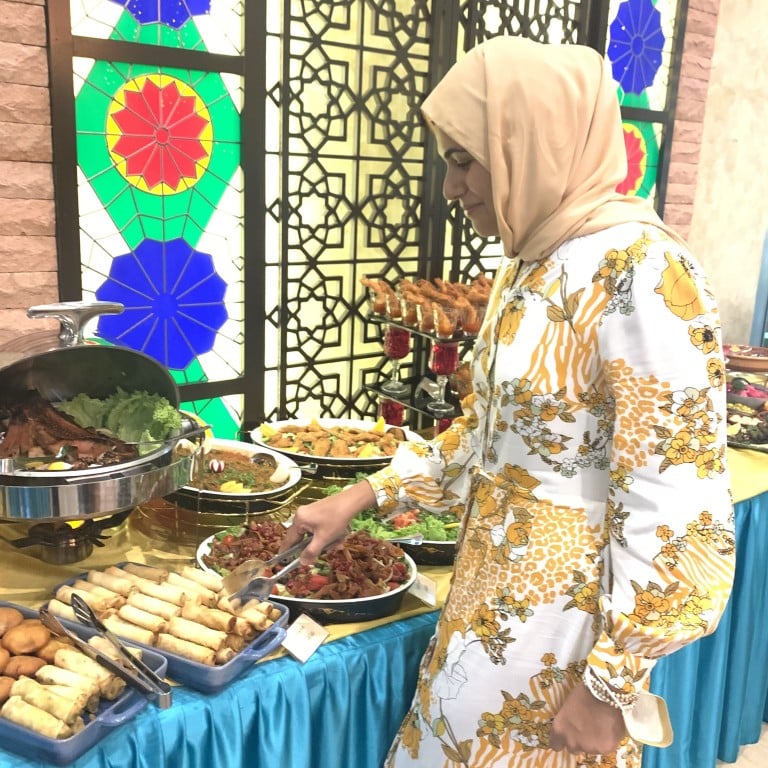
What’s it like to fast for Ramadan? A non-Muslim goes 13 hours without food or water to find out, and ponders the health and spiritual benefits
- Lise Poulsen Floris joins her neighbours in Malaysia in fasting from sunrise to sunset, and overcomes weakness and discomfort to make it to the iftar meal
- She finds going without water daunting but a neighbour says dry fasting gives her more energy, and there are suggestions it can lower your ‘bad cholesterol’
The sun rises at 5.59am in Kuala Lumpur, Malaysia. It is day 10 of the holy month of Ramadan in which practising Muslims fast from sunrise to sunset.
Today, I – a non-Muslim – decide to fast to show solidarity with Muslim friends and learn how I react after having no food or water for 13 waking hours.
As the call for dawn prayer sounds from the local mosque, I take my last sip of water, hoping that I have consumed enough to last through sunset.
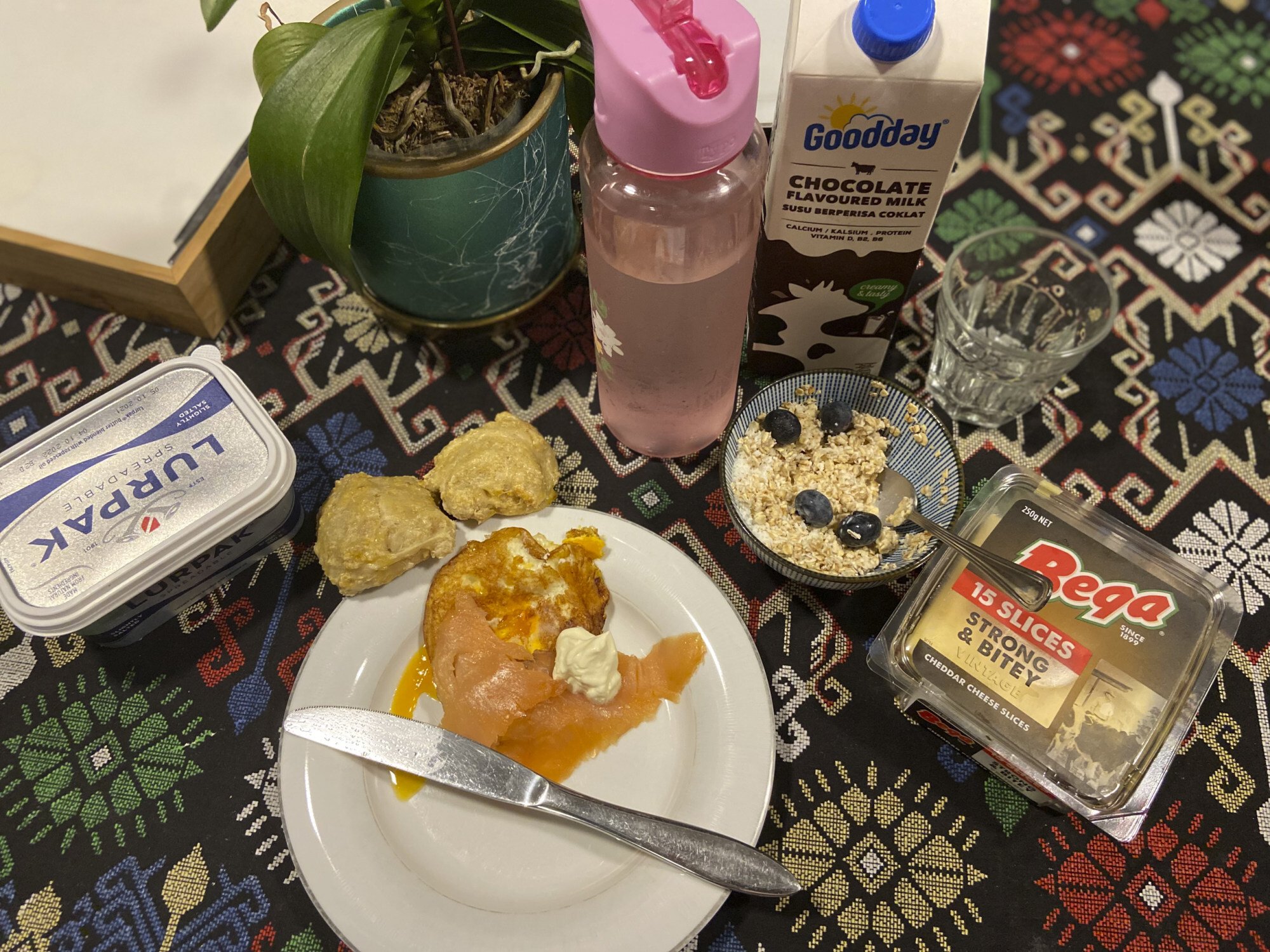
Fasting is optional for the two youngest, but the seven-year-old often joins in.
9 intermittent fasting errors, from eating too little to exercising too much
“My husband and I just have a couple of dates and some water for suhoor and I somehow feel less hungry throughout the day,” says Sajida. Afterwards, the family prays together, then goes back to sleep for a short while before the school and work day begins.
During Ramadan, the ninth month of the Islamic calendar, Muslims fast as part of a broader appeal to resist committing sins, to become more patient, to better understand sacrifice – and enhance their relationship with God.
“If I’ve been for a walk or a Pilates or yoga class, I sometimes do feel thirsty, but then I usually just gargle with water without swallowing – or have a shower and rest, and I never feel really dehydrated, as I make sure to drink at least two litres of water between iftar [the breaking of the fast at sundown] and suhoor,” she says.
My day of fasting will mostly be spent in air-conditioned spaces, engaging in low-energy activities. I look forward to an afternoon online meeting with my writing club, to distract me from the hunger and thirst that I am expecting.
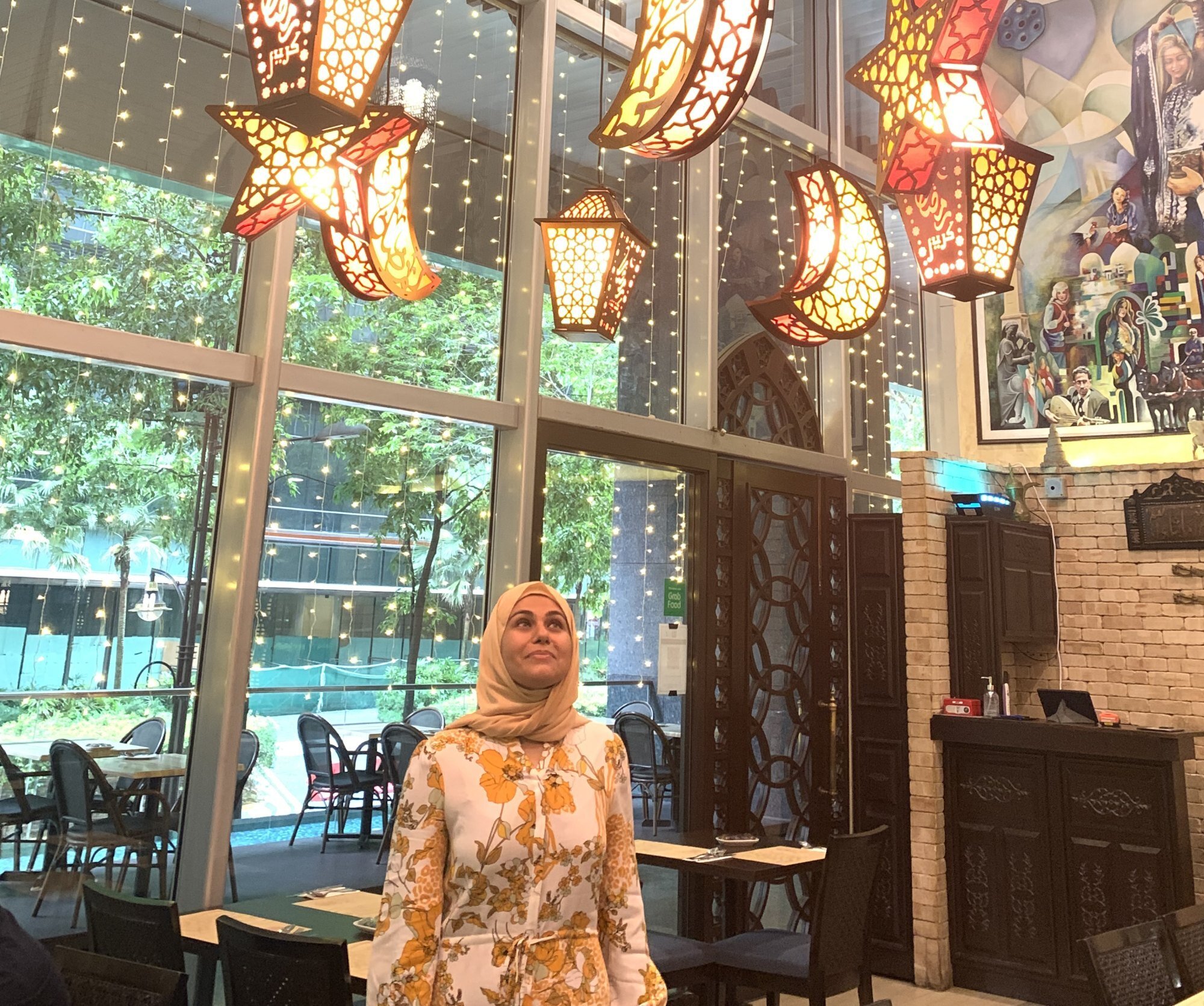
I think about those who have to concentrate and perform at school or work – or toil under the beaming sun. But, apparently, with the right tools, one can get used to depriving the body of food and water between sunrise and sunset for one month every year.
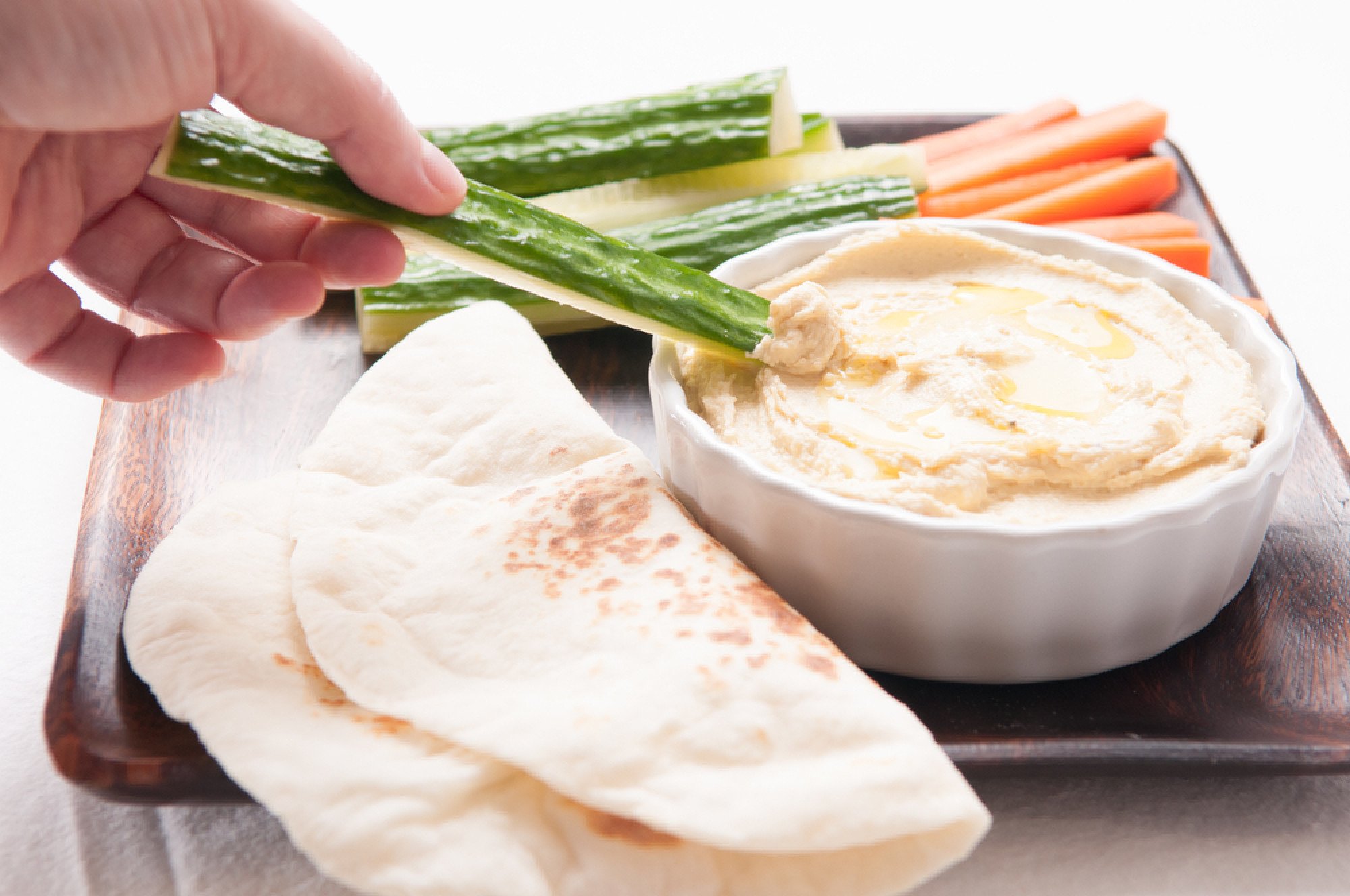
In his book 20 Q&A about Dry Fasting, Russian doctor Sergey Filonov notes that many of his patients report less hunger while dry fasting than if they are consuming water.
Sajida is proud that she can do all her usual daily chores while dry fasting, and feels that she has more energy during Ramadan.
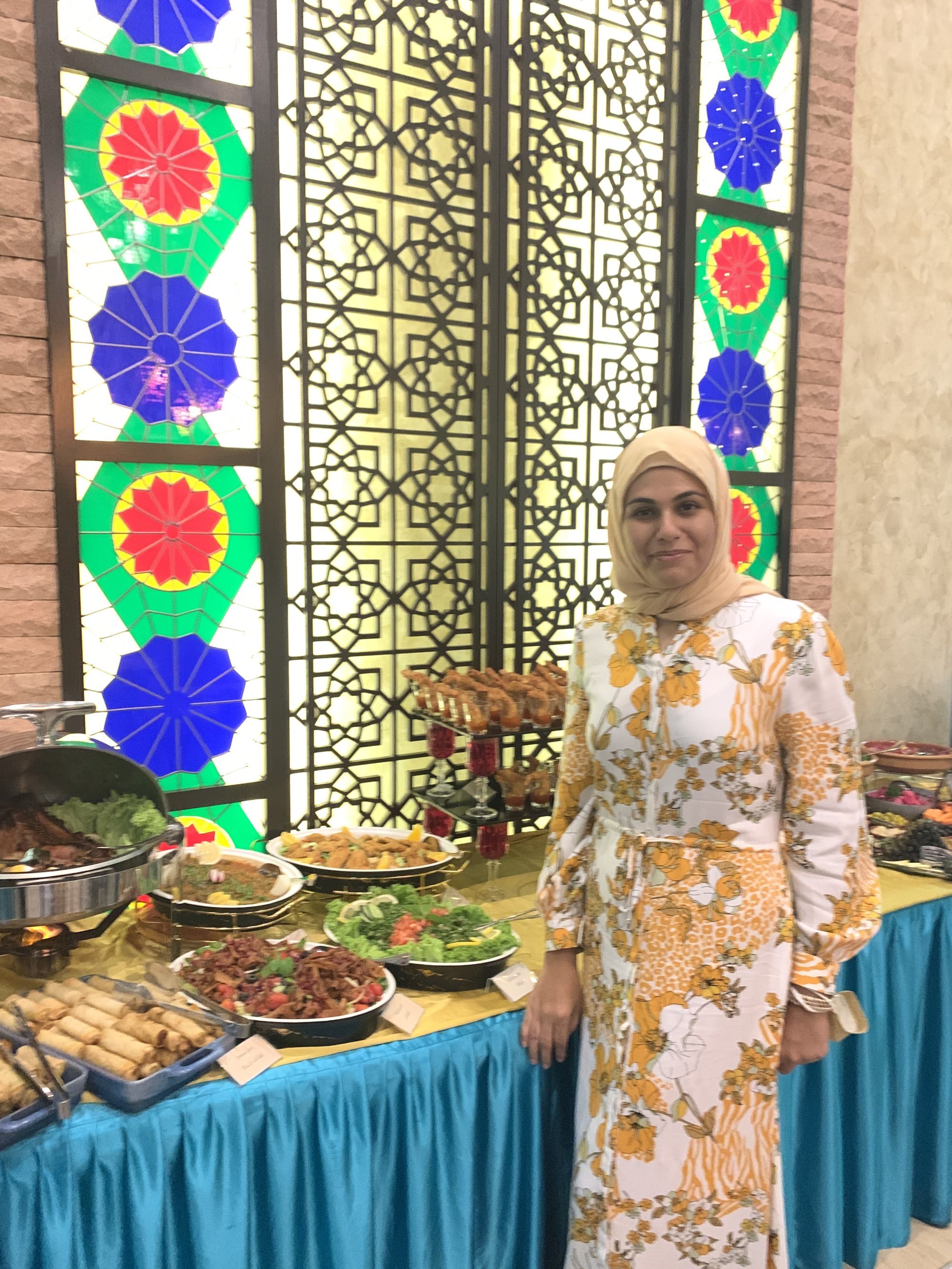
Hunger and thirst sneak up on me at 4pm. When I arrive at a traditional iftar buffet at the Sahara Tent restaurant in Kuala Lumpur at around 7pm, I am in discomfort and have low energy.
The clock strikes 7.20pm and the sunset prayer sounds from the mosque – so I break fast by eating a date and drinking two large glasses of water and a glass of lemonade. Water never tasted this good.
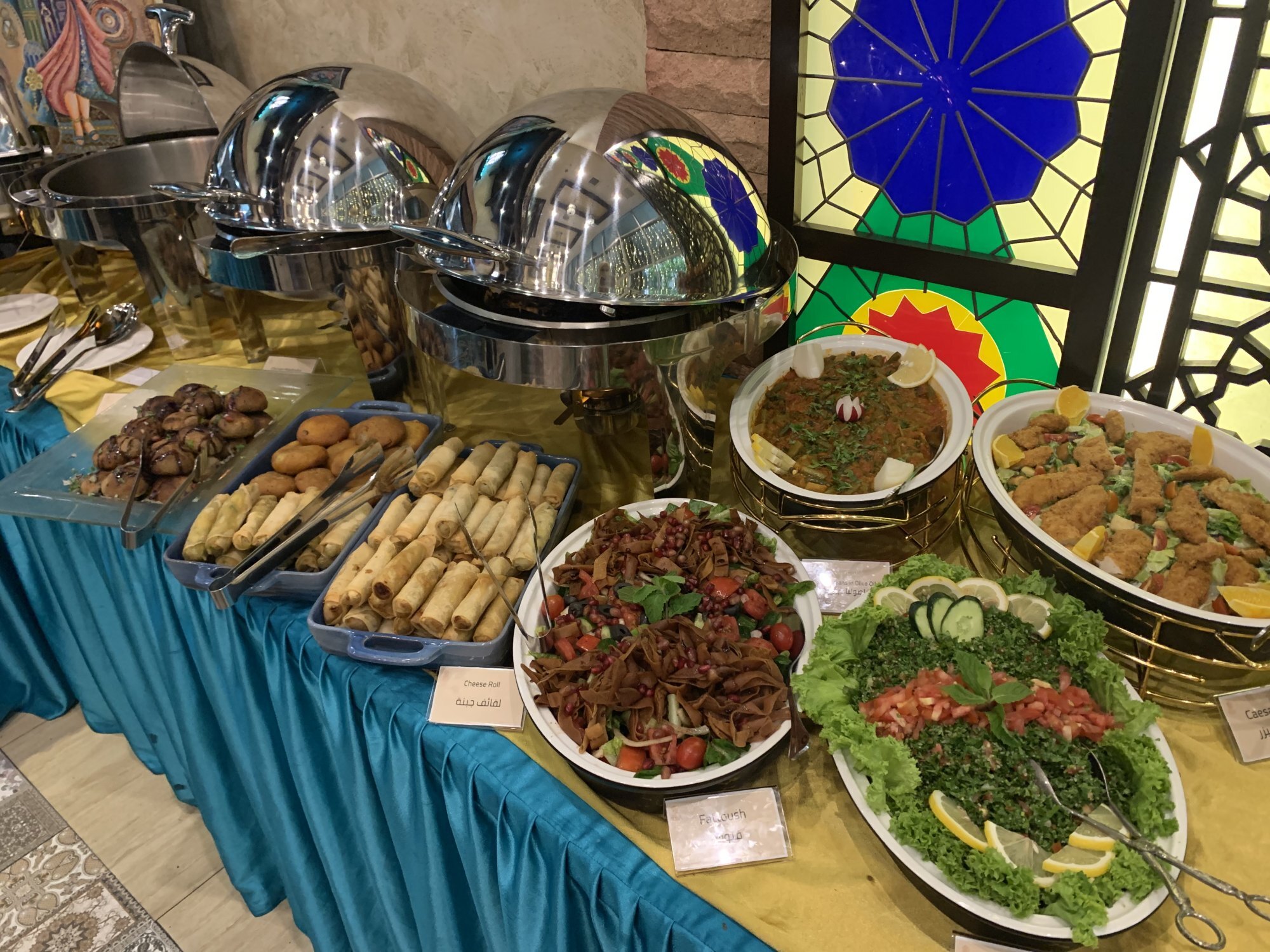
I eat vegetables, chicken, hummus, labneh, lamb and rice – and after a second helping, I have chocolate cake and watermelon for dessert.
My day of Ramadan has brought me a closer understanding of Muslim traditions, and taught me that we are capable of more than we think. I realise that, combined with reflection and prayer, fasting during Ramadan is a spiritual reset that devoted Muslims take on with pride and joy.
Sajida encourages people to give fasting a try: “Go for it and reap the physical benefits if not the spiritual benefits from this beautiful, blessed month.”

